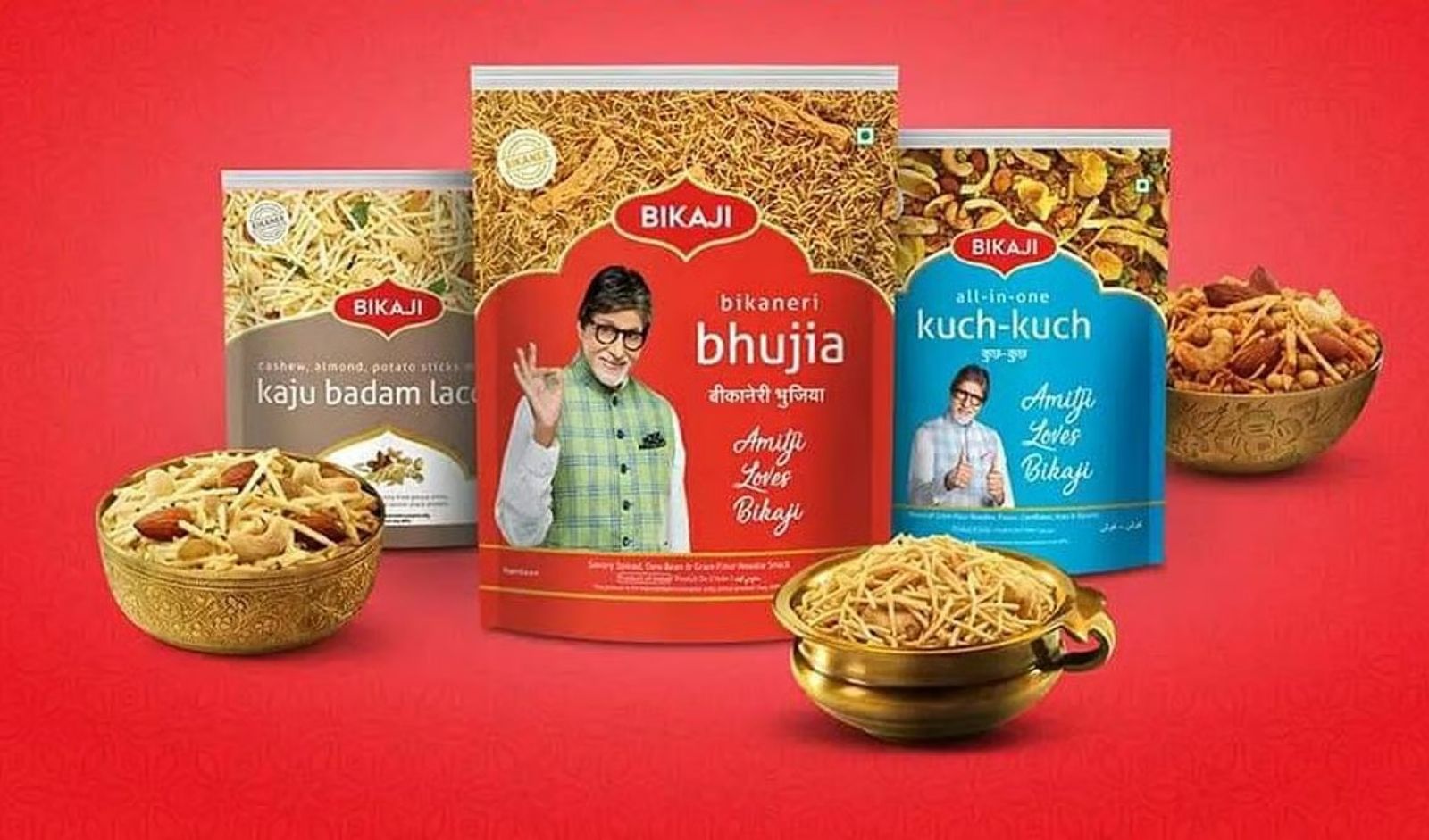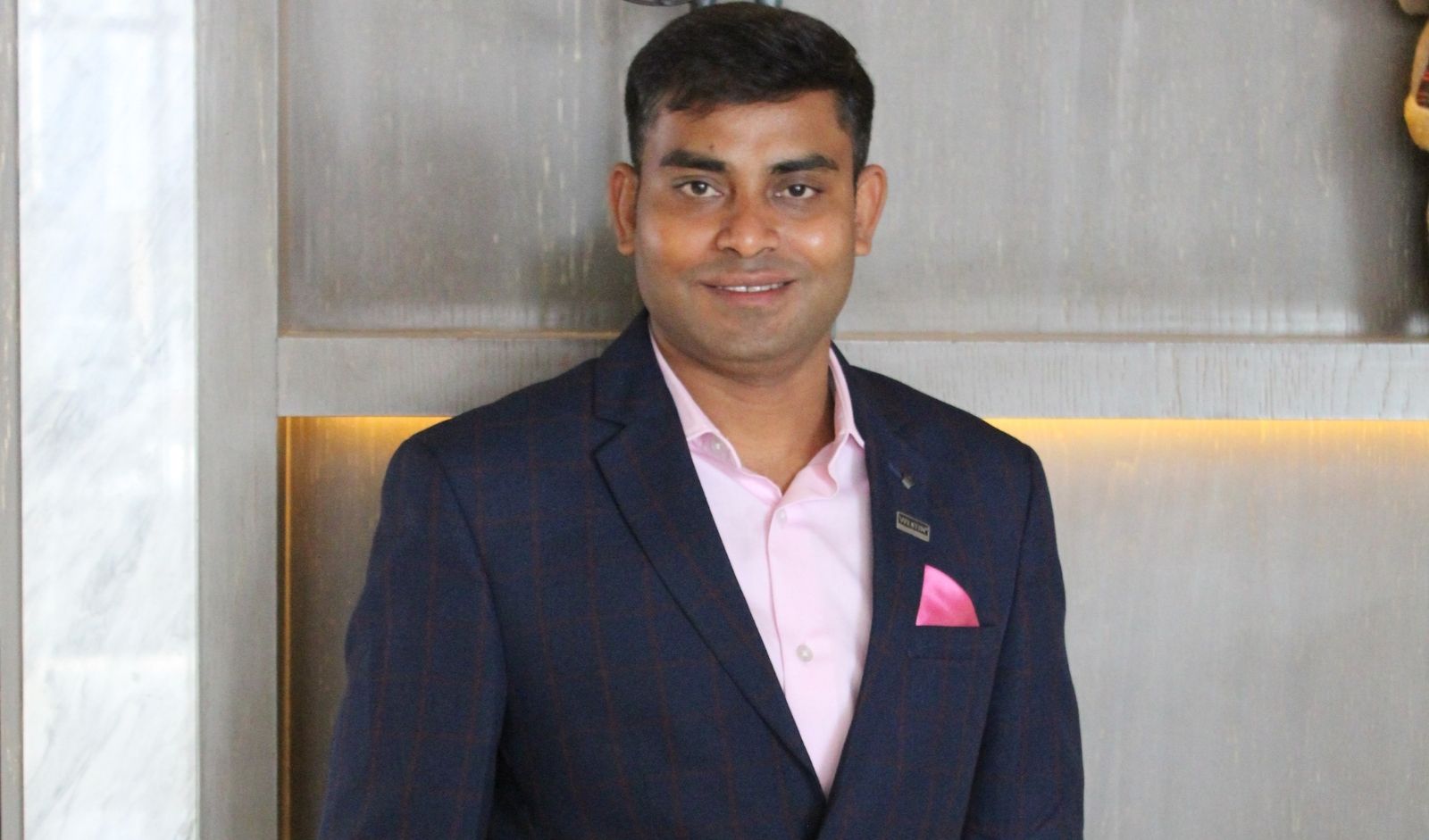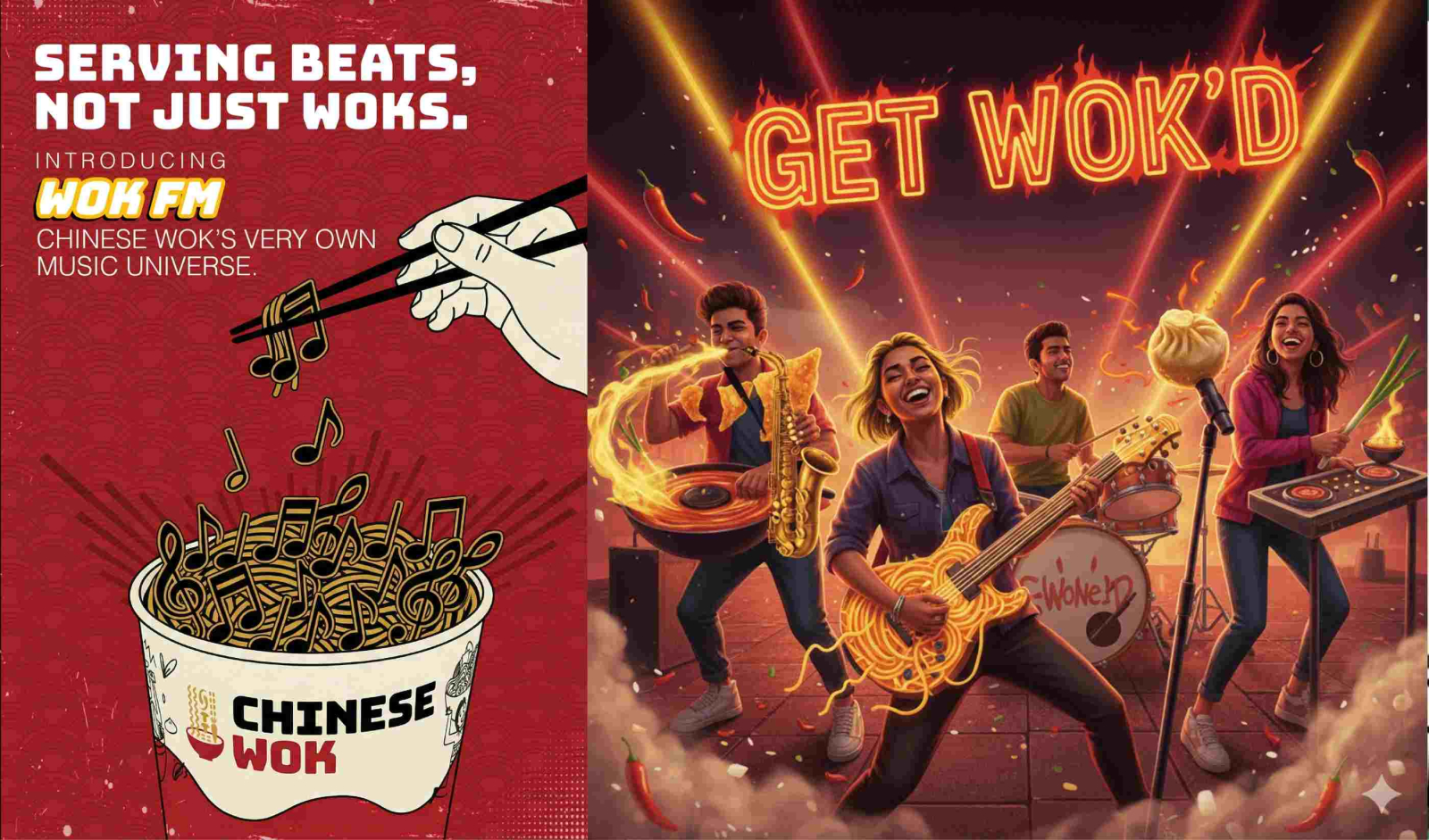
Amazon is planning to enter India’s rising cloud kitchen market. The company will be launching its first cloud kitchen in Bengaluru to take on Zomato and Swiggy.
In India, Amazon’s foray into the food delivery market surfaced earlier this year. The firm is in advanced discussions with restaurants to fix commission and delivery fees. Amazon has decided to charge a 6% to 10% commission when not fulfilling the food delivery, while 18% to 22% if the restaurant uses its delivery service.
Amazon will likely introduce the service in December 2019. The company will run the service in a partnership with Prione Business Services, the local arm of VC firm Catamaran Venture.
Want to invest in a cloud kitchen franchise? Visit Franchise India 2019, Asia’s Biggest Franchise & Retail Show, and give wings to your entrepreneurial dreams.
Copyright © 2009 - 2026 Restaurant India.








